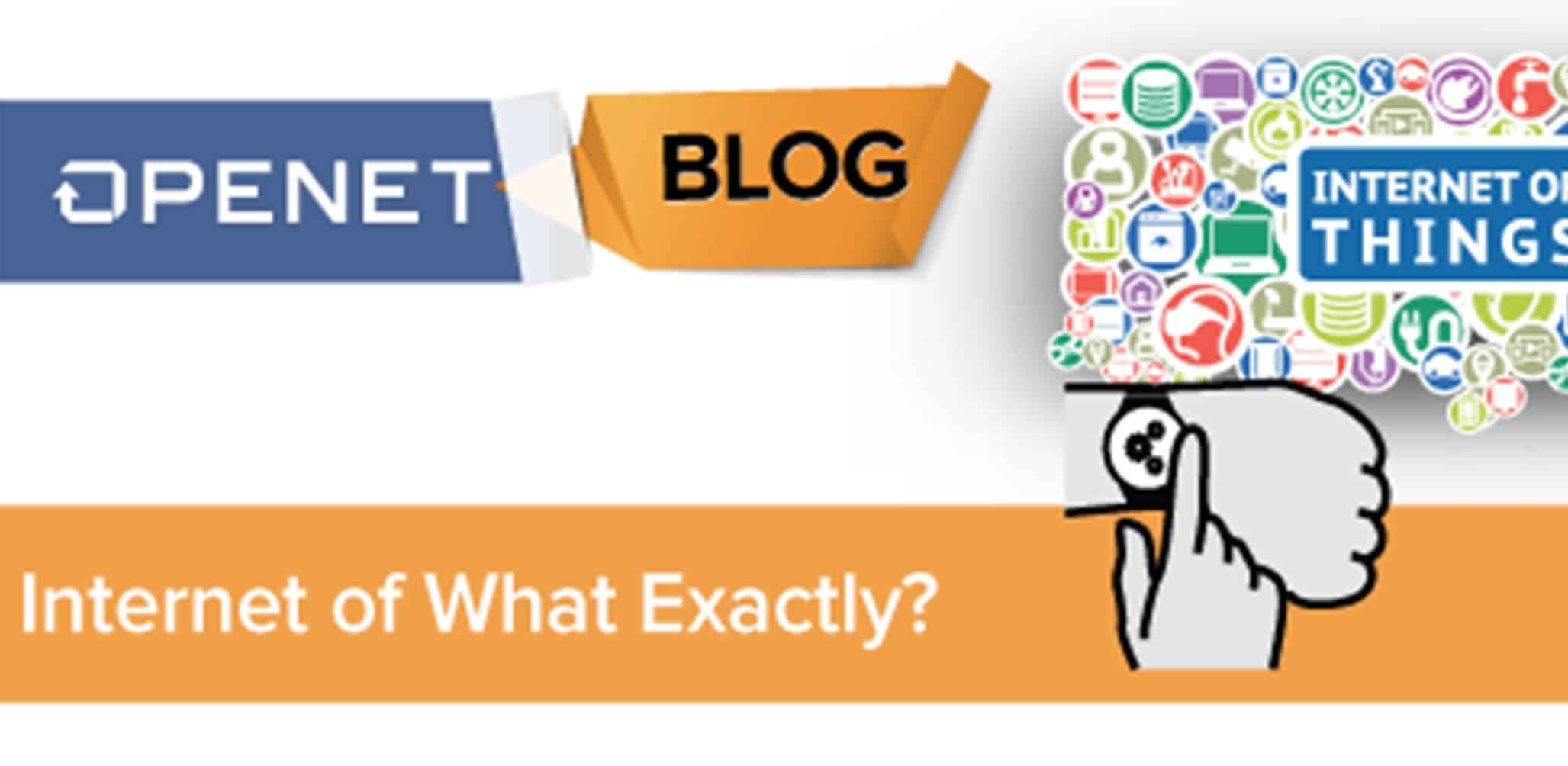The Internet of Things (IoT) has become the ultimate buzzword from connected cars to smart light bulbs and wearables, the hype it has garnered over the past year is well and truly at its peak. Many operators are now starting to look at IoT and think how exactly can they make money from it? There are opportunities to upsell digital lifestyle products, such as connected homes, to existing customers, and possibilities to develop new business off-shoots and enterprise offers, and many, many more. And this is the problem that IoT represents to many operators.
IoT will be so varied, that the choices for operators will be enormous. What services do they offer, do they partner with IoT vendors to provide connectivity, what IoT services can they make most profit from selling to existing customers, etc,? The answers to these questions in 12 months time, could be very different from the answers in 24 or 36 months-time. This is a major sea-change for operators who have been used to selling voice, text and data services for the vast majority of their corporate lives. While the monetization question over IoT is still being discussed there is one certainty: the IoT is a sign of a newly diverse digital environment that operators will need to get quickly used to working in. In this digital environment operators will have to rethink their strategy to increase scalability, quicken time to market and ultimately enhance user experience.
Indeed, this new environment will require change across various services and systems to ensure telcos’ infrastructure is capable of handling a new wave of innovation as user demands and data flows evolve with the IoT. Adapting early on will determine telcos’ success in adopting future technologies, and with 5G fast approaching, the pressure to transform into a truly digital service provider is only becoming more real.
Virtualisation is Key
If operators today want to capitalize on the opportunities brought about by the IoT, their sights must be set on virtualisation. Current networks have become unfit for purpose as legacy systems have proved clunky, unable to scale up or down, and incapable of rolling out the new innovations subscribers demand today.
Operators today must ensure that present networks are evolved from their current state to one that is flexible and virtualised, capable of being “sliced” horizontally to allow for the optimal use of resources and bandwidth. In turn, this will give operators much needed scalability allowing them to scale new services up or down, on demand. Indeed, virtualisation can be seen as an accelerator to innovation as operators can go from small scale trials to full scale deployments without the need for new, costly software installation. In addition to scalability, virtualisation also quickens time to market; by being able to rapidly roll out new services and offers, operators can create new revenue streams quickly and in real-time, according to subscriber trends and demands.
The ability to deliver agile, real-time services and offers based on the now will give operators a significant advantage over competitors. Indeed, this agility will become all the more important as the IoT picks up momentum and data volumes increase – this will see networks becoming increasingly strained. No longer a nice to have, it will be a basic requirement as operators vie to optimise the network to alleviate data flows and ensure quality of experience (QoE) and quality of service (QoS).
Data Overload
The explosion of data brought about by the IoT presents a further challenge for operators – with this new abundance of data, telcos must begin to extract value from their big data assets. While most operators today own big data assets, few know how to analyse it to gain valuable insight into their customer base, network health and QoS. As a result, monetisation opportunities are left unexplored as telcos shy away from their big data.
For operators today, the ability to deliver outstanding customer experience is of primordial importance. Reducing customer churn, maintaining – better yet, increasing – QoE and guaranteeing QoS make an operator. Achieving this through the use of big data analysis can be the differentiator for telcos. When analysed in real-time, big data can help to deliver unparalleled customer experience by bringing customers contextual offers based on personalisation and user trends as a result of identified patterns in the operators’ big data assets. Achieving a holistic view of the customer at all points in the network will give telcos granular insight into subscribers’ consumption and buying habits. This insight will allow operators to monetise on upsell and cross-sell opportunities. Moreover, the personalisation element which big data analysis can add will be key in increasing customer satisfaction and consequently reducing customer churn.
So What’s Next?
Operators today are sitting on a gold mine – the IoT, their big data – these new technologies and innovations which didn’t exist a decade ago present a realm of opportunities. If operators want to monetise the IoT and the deluge of data that comes with it, they need to ensure they have the correct infrastructure in place. The only solution: virtualisation. An accelerator in the cycle of innovation, virtualisation will play a key factor for telcos transforming into digital service providers. This will be all the more important in the move towards 5G which will bring with it more data and will demand greater network flexibility and scalability. While the successful roll out of 5G is not co-dependent with telcos’ approach to the IoT, without virtualisation, neither technologies will see a successful return on investment.




















